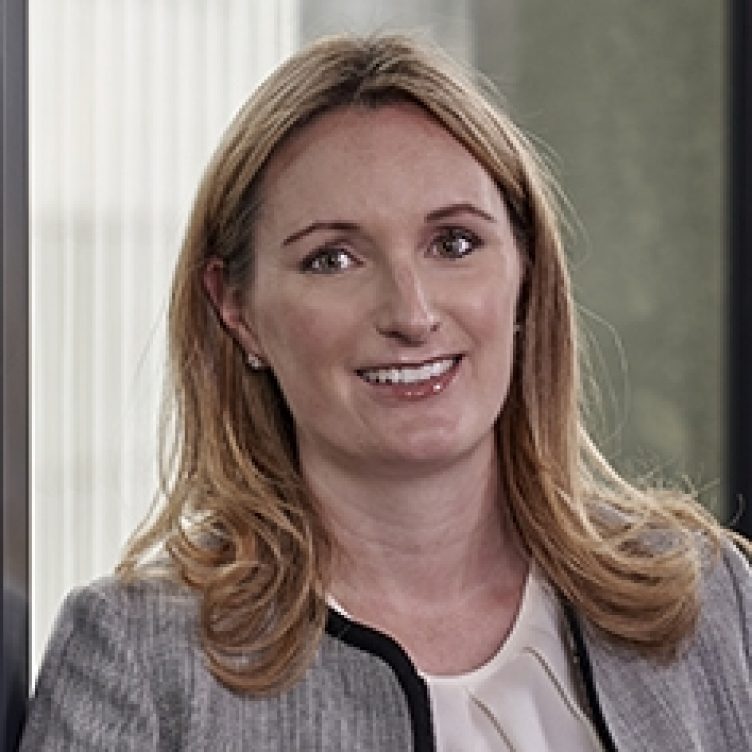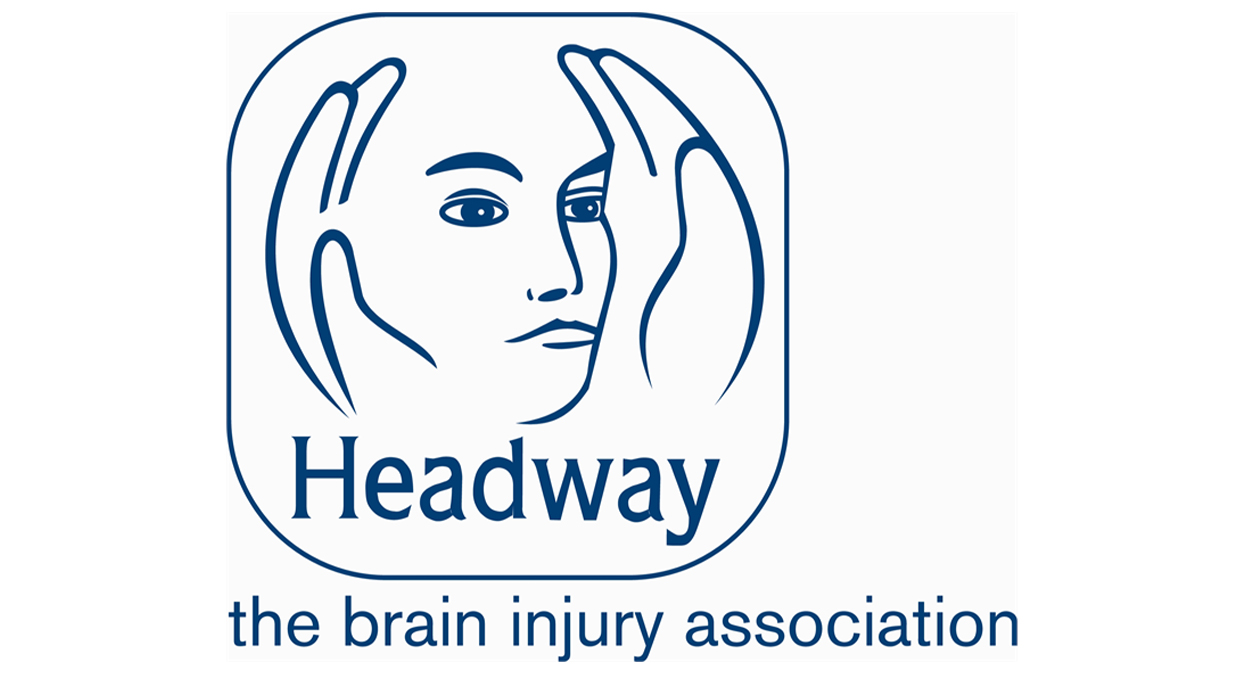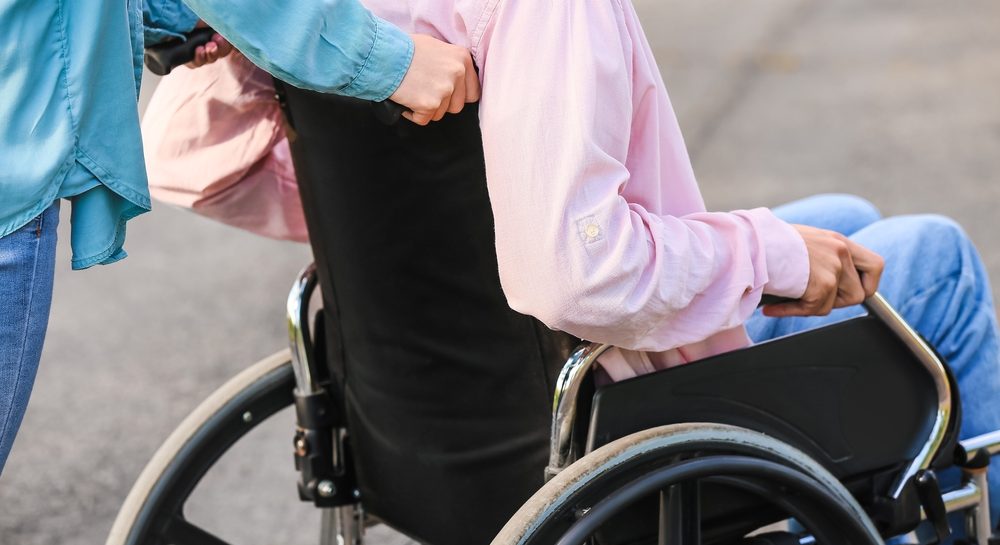GXG was a fit and active 45-year-old who worked full time. He was a keen swimmer and lived with his long-term partner, who was pregnant with their first child. In 2016, while on holiday, he sustained a severe stroke and rapidly lapsed into a coma with tetraplegia due to negligent management of his antiplatelet therapy.
Alison Goldney, Partner in our Clinical Negligence team recently helped GXG secure a multi-million pound compensation settlement to enable him to continue life with the care and support he requires. Jenny Bowden and Rebecca Worsley of our Divorce and Family team helped GXG obtain a Declaration of Parentage in relation to his young son, who was born after GXG’s stroke. Hannah Boddy and Alison review GXG’s case here.
Background
GXG was initially diagnosed with a cerebral aneurysm in 2003, which was successfully managed with surgery. Eleven years later, GXG sustained a mild stroke. He again underwent surgery, and the aneurysm was embolised with coils; in a secondary surgery, a stent was implanted. He was prescribed the antiplatelet medication Clopidogrel and Aspirin for six months, which allowed him to return to normal life, including working full time.
In September 2015, follow-up radiology revealed a small residual aneurysm. The plan was for a further radiological follow-up in March 2016, stopping Aspirin at the end of 2015 but continuing with Clopidogrel until June 2016.
On 24 March 2016, the follow-up MRI (magnetic resonance imaging) of GXG’s head took place, and he was advised that the aneurysm had continued to shrink. It was agreed that a further MRI would take place in six months, but there was no mention of changes to be made to his medication.
Legal arguments advanced
In GXG’s claim, evidence was put forward that this MRI showed that the stent was not binding to the artery wall, creating a significant stroke risk. Therefore, GXG should have been placed on lifelong antiplatelet medication.
GXG’s case was that the first defendant verbally informed GXG in around May 2016 that he should continue taking Clopidogrel beyond June 2016 but this was not communicated to his GP.
When GXG contacted his GP in June 2016 for a repeat prescription of Clopidogrel, they sought advice and clarification from the consultant neuroradiologist at the first defendant trust. GXG chased his GP surgery for an update on 8 August 2016 and was incorrectly advised by a different GP (the second defendant) to stop taking Clopidogrel.
In accordance with the advice given, GXG stopped taking Clopidogrel on 8 August 2016 and days later travelled abroad with his partner to visit his family.
On 11 August 2016, the first defendant responded to the first GP advising that a follow-up MRI would be performed in September 2016, after which the approach in relation to medication would be revisited, essentially recommending that GXG continue taking the Clopidogrel until this date. This was not communicated to GXG.
Extent of injury
On 20 August 2016, GXG sustained a catastrophic brain stem stroke. This resulted in tetraparesis and profound cognitive and communication impairment.
GXG has been diagnosed as being in a “minimally conscious plus” state. However, his partner can recognise facial expressions, such as raising eyebrows, frowning and mouth movements.
The legal case
GXG, a protected party acting by way of his litigation friend (& partner) KZL, instructed Stewarts to investigate and pursue a claim in relation to the alleged negligent management of his antiplatelet therapy. Nathan Tavares KC and Carin Hunt of Outer Temple Chambers were instructed as counsel in his claim.
A clinical negligence claim was issued against the first and second defendants.
A mediation took place with the first defendant in December 2020, leading to a liability agreement being reached at 73.75% in the claimant’s favour and a significant six-figure interim payment on account of damages.
Following this, the second defendant made a monetary offer of £525,000 on a full and final basis without an admission of liability. This offer was accepted and later approved by the court. It was a condition of the acceptance that this monetary offer did not impact GXG’s rights to enforce his agreement with the first defendant.
Since his discharge from rehabilitation, GXG had been living in a care home, which was wholly unsuitable for his needs. He was left for long periods of time alone, often slumped in a chair. Family life had to be played out in the care home setting, which was incredibly hard for his partner and their toddler son.
With liability resolved, a significant interim payment was obtained to enable GXG to move to rental accommodation and, crucially, live with his partner and their young son for the first time. Therapies were also implemented, including music therapy, which was particularly beneficial. This allowed GXG to express himself in ways that were not otherwise possible; GXG would lip sync along to his favourite songs from his past. He also demonstrated enjoyment and physical benefits from regular hydrotherapy sessions. This was a rare case where our experts were unanimous that he should have access to a home hydrotherapy pool in view of his pre-injury passion for swimming. Crucially, it was one of the few activities he could now enjoy and also share with his son.
Valuing the claim was complex, involving 10 quantum experts. One aspect that required more specialist input was the litigation friend’s evidence of their desire as a couple to have further children. In light of GXG lacking capacity, specialist advice was sought on the Mental Capacity Act and its restrictions on IVF in such circumstances. Other options to extend their family were considered, such as adoption and sperm donation.
The claim continued against the first defendant. It settled at a joint settlement meeting for a lump sum of £3.8m and periodical payments of £287,500 per annum in relation to care and £15,500 per annum in relation to case management. If GXG lives to his full life expectancy, the global settlement achieved from both defendants will equate to just under £8m.
This multi-million-pound settlement will enable GXG and his partner to purchase and adapt a home, which will allow GXG to continue living with his young son. It will also provide him with access to the necessary support, around the clock care, therapies and equipment he requires.
Declaration of Parentage
During one of our team’s early meetings with GXG’s partner (acting in her capacity as his litigation friend in the clinical negligence claim), she raised her heartbreak and disbelief that her young son’s birth certificate could not contain GXG’s details as his father, as he was unable to confirm this a result of his brain injury.
If GXG and his partner were married, GXG’s details could have been included on the birth certificate without his attendance to register the birth. As they were unmarried, and as GXG lacked capacity to sign any documentation to confirm he was the child’s father, the only option available was to seek a Declaration of Parentage from the court. The application was made by GXG’s partner, with his brother acting as litigation friend, and was heard by Mr Justice Moor.
The judge commented that GXG’s partner was “clearly devoted” and that GXG’s relationship with the child was something “which they both benefit from enormously”. He was satisfied with the evidence provided and made the declaration sought, meaning that a further birth certificate was issued including GXG as the child’s father. GXG’s partner was delighted to finally be in receipt of a birth certificate acknowledging them as a family unit.
Client testimonial
GXG’s litigation friend KZL said: “Alison, we have been blessed to have you by our sides in so many ways, you mean so much to us all, and we are eternally grateful to you and glad it was a case that means many things to you likewise. Please do thank Nathan for all he has done and his pursuit for GXG to help him live his best life. Please also pass our love and thanks to everyone else who has touched GXG’s case and our lives subsequently.”
You can find further information regarding our expertise, experience and team on our Clinical Negligence page.
If you require assistance from our team, please contact us.
Subscribe – In order to receive our news straight to your inbox, subscribe here. Our newsletters are sent no more than once a month.








